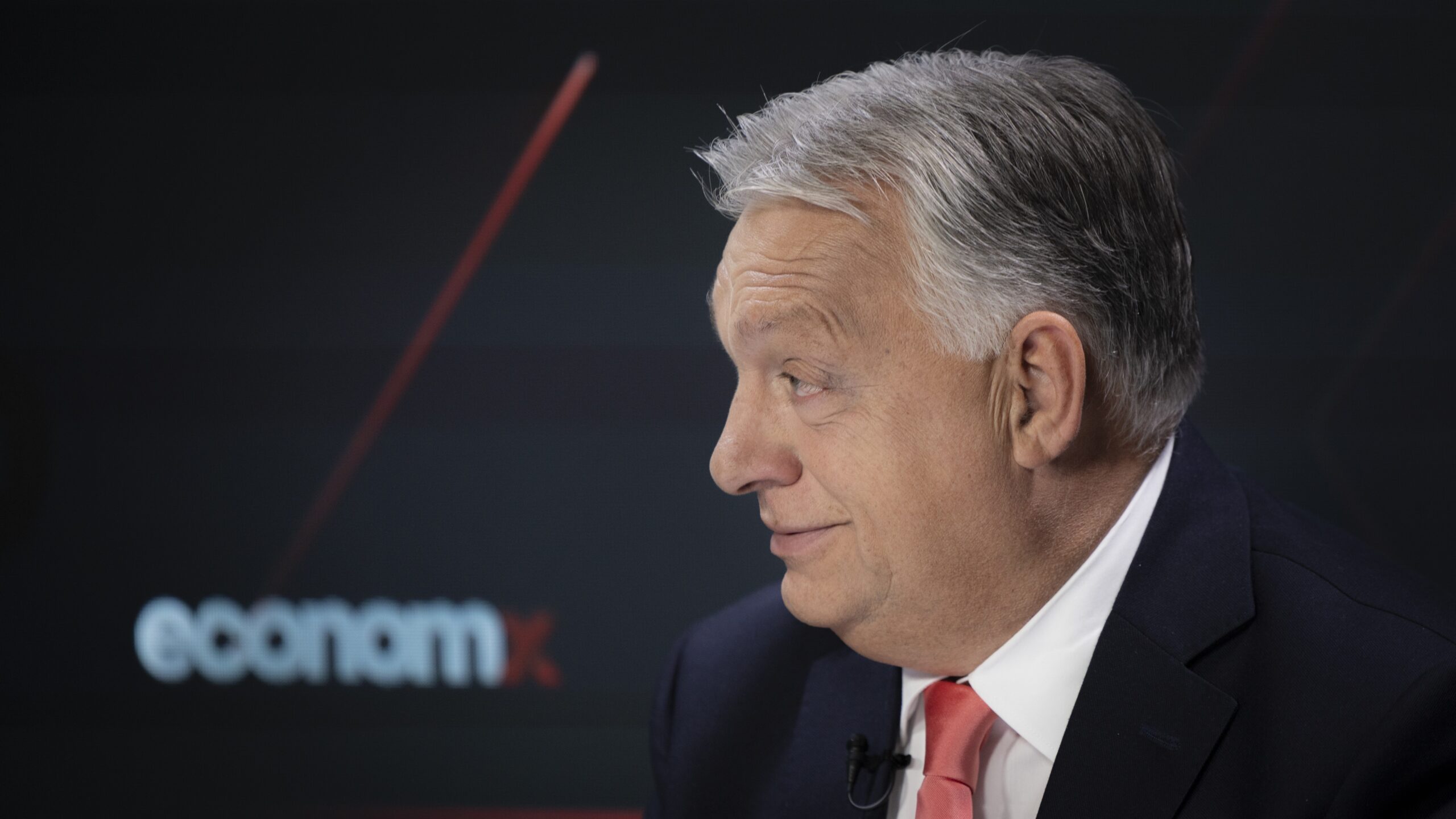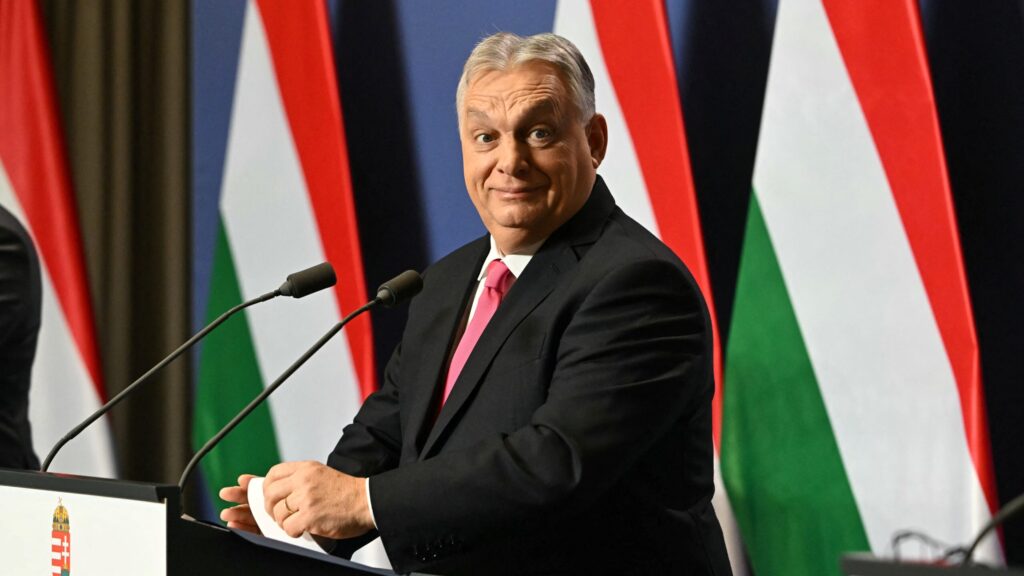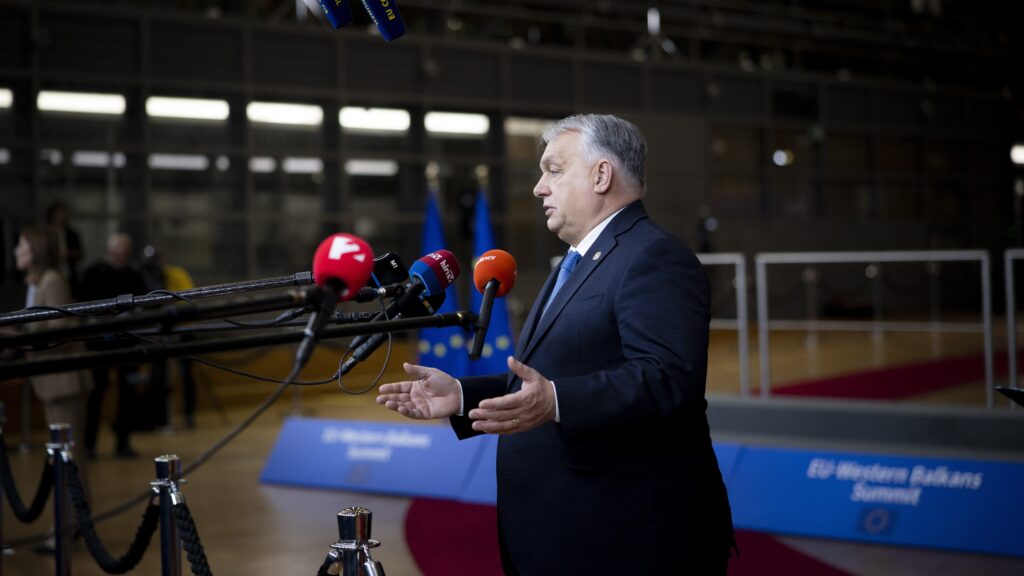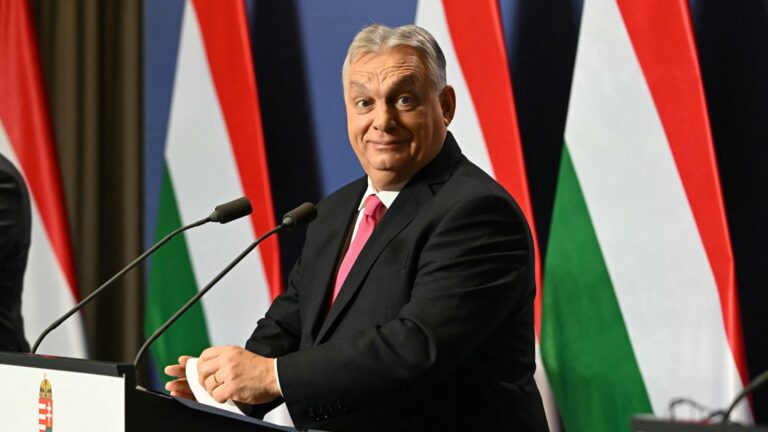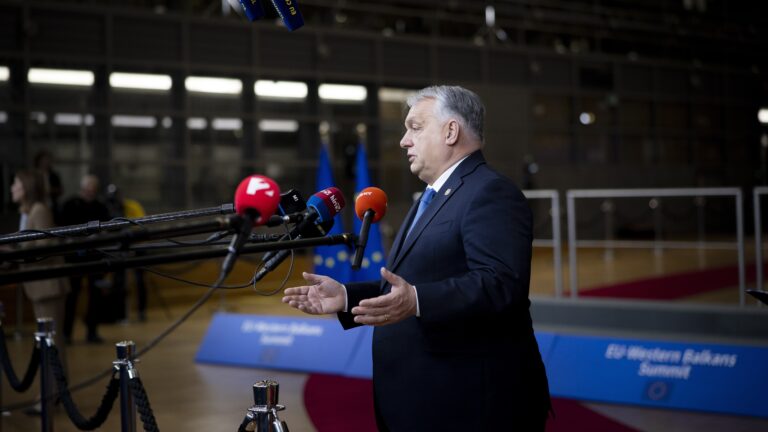Low taxes are the foundation of a strong economy, Prime Minister Viktor Orbán said in an interview published on Monday with the president of the Hungarian Chamber of Commerce and Industry on the Economx Money Talks podcast. The discussion touched on the prospects of a double-digit minimum wage increase, the future of small business taxation, and what Orbán called Brussels-backed plans for higher taxes championed by the opposition Tisza Party.
‘The future of a country depends on whether people want to work,’ Orbán stated. ‘If the government takes away the money people earn, they won’t work. People must be allowed and encouraged to perform, because they want to live well—and the country benefits too. That is why low tax is the best economic policy.’
He added that the best personal income tax rate would be zero. While Hungary cannot apply this universally, the government has extended exemptions to specific groups, such as mothers and families. He highlighted new family-support measures including lifelong tax exemptions for mothers of three, and reduced-rate loans for housing and businesses.
On wage negotiations, Orbán said that trade unions and employers had signalled support for a double-digit rise in the minimum wage, but only if the government reduces taxes on private businesses. ‘This may sound harsh, but that is essentially the situation. Some form of tax cut will happen here,’ he acknowledged.
The prime minister also addressed Hungary’s small business tax regime (KATA), recalling that while it began as a good system, ‘abuses and grey-zone schemes’ made reform necessary. He noted discussions are underway on how to reopen or broaden KATA in a way that allows more flexibility without enabling tax evasion.
Orbán Viktor elárulta, hogy döntött az euró bevezetéséről
Orbán Viktor miniszterelnök a fix, 3 százalékos vállalkozói hitel részletei és annak fedezete mellett újabb adócsökkentésről is beszélt, sőt, azt is elárulta, hogyan lesz hazánkból piacvezető gazdasági szereplő. Ha tudni szeretné, visszavezetik-e a katát, csökken-e az áfa, lesz-e többkulcsos szja, milyen erős lesz a forint, milyen területre érkezik arab befektető, és Orbán Viktor szerin mikor kezdődött el a repülőrajt, akkor nézze meg az interjút.
Asked about VAT, Orbán dismissed the possibility of lowering Hungary’s 27 per cent headline rate, saying that if extra fiscal room arises, income tax cuts for families remain his priority. He also rejected building growth on consumption, insisting that sustainable expansion must rest on technology, investment, and work.
Orbán portrayed recent programmes as Hungary’s ‘take-off’: the 3 per cent fixed business loan, a 3 per cent first-home mortgage scheme, a 50 per cent boost in family tax allowances, tax exemptions for mothers of three, and exemptions for maternity and childcare benefits. ‘These are breakthroughs, regardless of unfavourable macroeconomic figures,’ he argued.
The prime minister repeated that his government guarantees rising wages, secure pensions, and the chance for every family to own a home, warning that failure to deliver such outcomes risks social and economic instability.
Turning to the opposition, Orbán dismissed the Tisza Party as ‘a Brussels project’, saying it would implement EU-demanded tax hikes if elected. On monetary policy, he noted that cheaper credit would follow if the central bank lowered its base rate, but praised the National Bank’s caution and efforts to stabilize the forint.
On euro adoption, Orbán was categorical: ‘It will not be on my agenda.’ He argued that the EU is in a phase of disintegration, and Hungary should not tie its future more closely to Brussels. Without radical change, he said, the EU will remain ‘just a passing chapter in our lives’.
Related articles:

